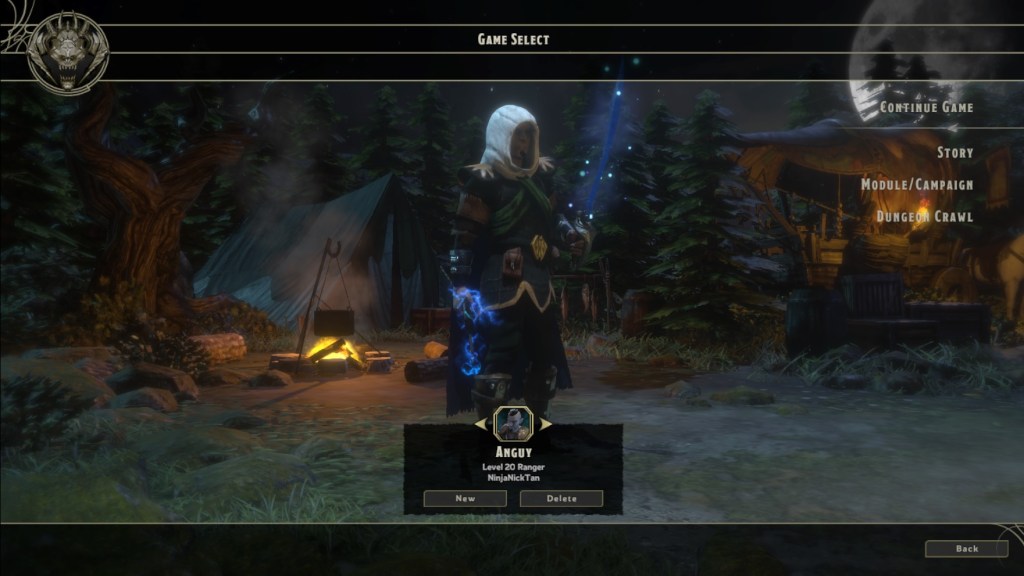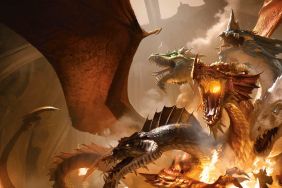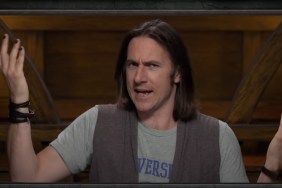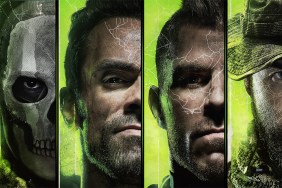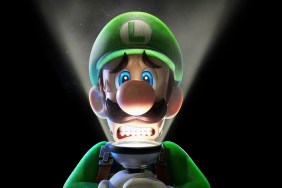In the eye of the Beholder.
Veteran readers of GameRevolution may remember our review for LittleBigPlanet 2, for which writer Josh Laddin provided three separated report cards dependent on what type of player the reader subscribed to the most. Granted, this method of “different strokes for different folks” approach goes against the common conventions of reviewing—readers are…
-
Serviceable solo campaign
-
Becoming a powerful Level 20 character
-
But not a classic D&D experience, as touted
-
Missing races and classes, limited skill trees
-
Combat has some strategic moments but mainly it's hack and slash
-
DM Mode
-
Good co-operative experience
-
Adequate presentation
-
Creation tools allow for a lot of creativity but are very limited in nature
-
No dragons (or orcs or kobolds)
